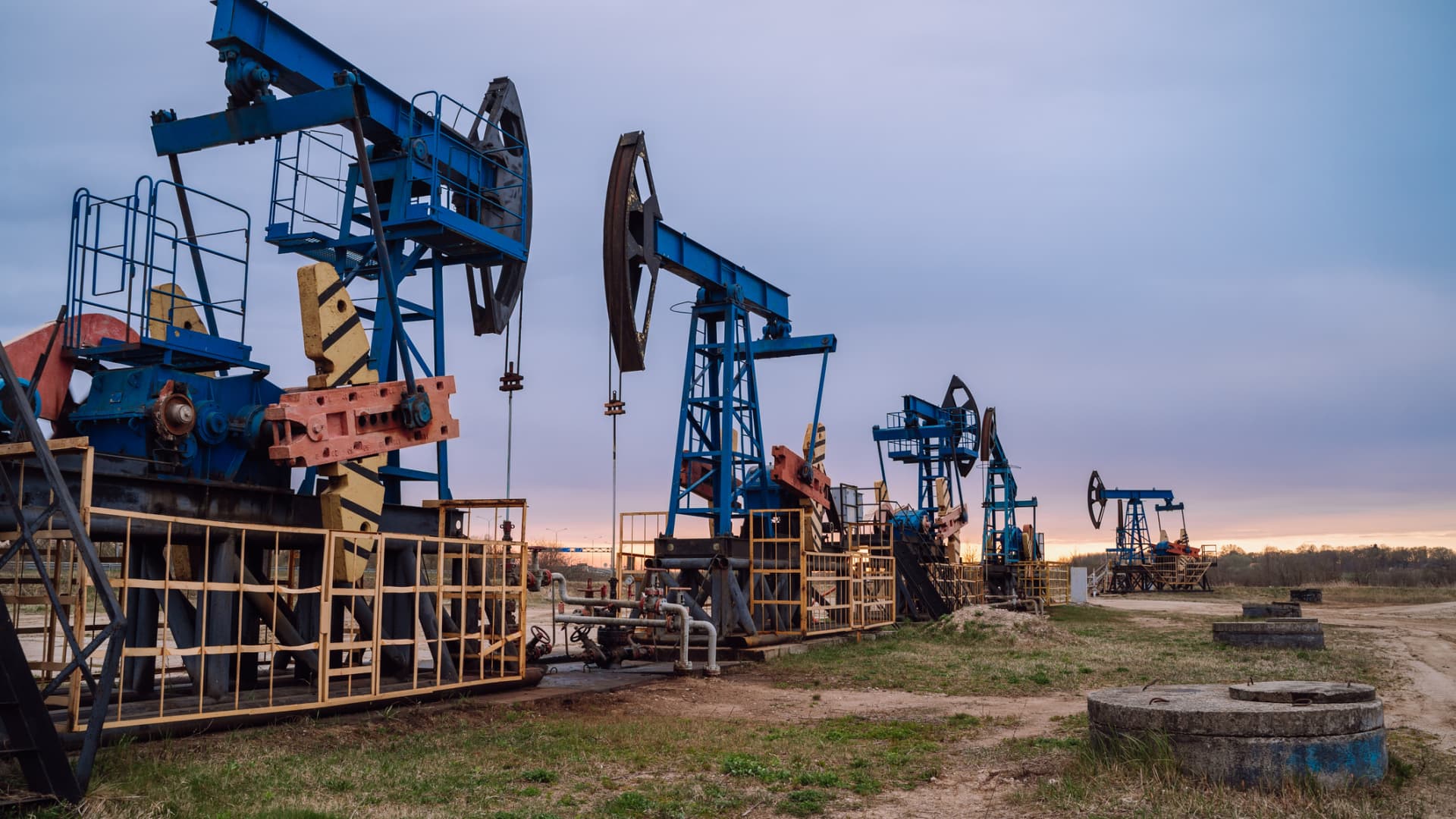U.S. crude oil fell for the third consecutive trading session on Wednesday, dipping below $85 a barrel as the market dismissed the risk of a wider war between Israel and Iran that could disrupt supplies.
The West Texas Intermediate contract for May delivery fell 46 cents, or 0.55%, to $84.89 a barrel. June Brent futures were down 51 cents, or 0.57%, at $89.51 a barrel. U.S. oil and the global benchmark are down just under 1% this week.
“Oil prices go about their business of unwinding some of the war premium that has been priced-in due to the continuing tensions surrounding the Gaza conflict and the subsequent Iranian missile onslaught on Israel,” John Evans, an analyst at oil broker PVM, wrote in a note Wednesday.
“It is hard to imagine that ‘cooler heads prevail’ can be associated with this eons-long strife, but thus far Israel has adhered to the international calls of showing restraint,” Evans said.
UK Foreign Secretary David Cameron said Wednesday that “it’s clear the Israelis are making a decision to act” against Iran.
“We hope they do so in a way that does as little to escalate this as possible,” Cameron told reporters in Jerusalem before meeting with Israeli officials.
Iranian President Ebrahim Raisi warned Wednesday that a counterattack by Israel would be met with a “massive and harsh” response.
